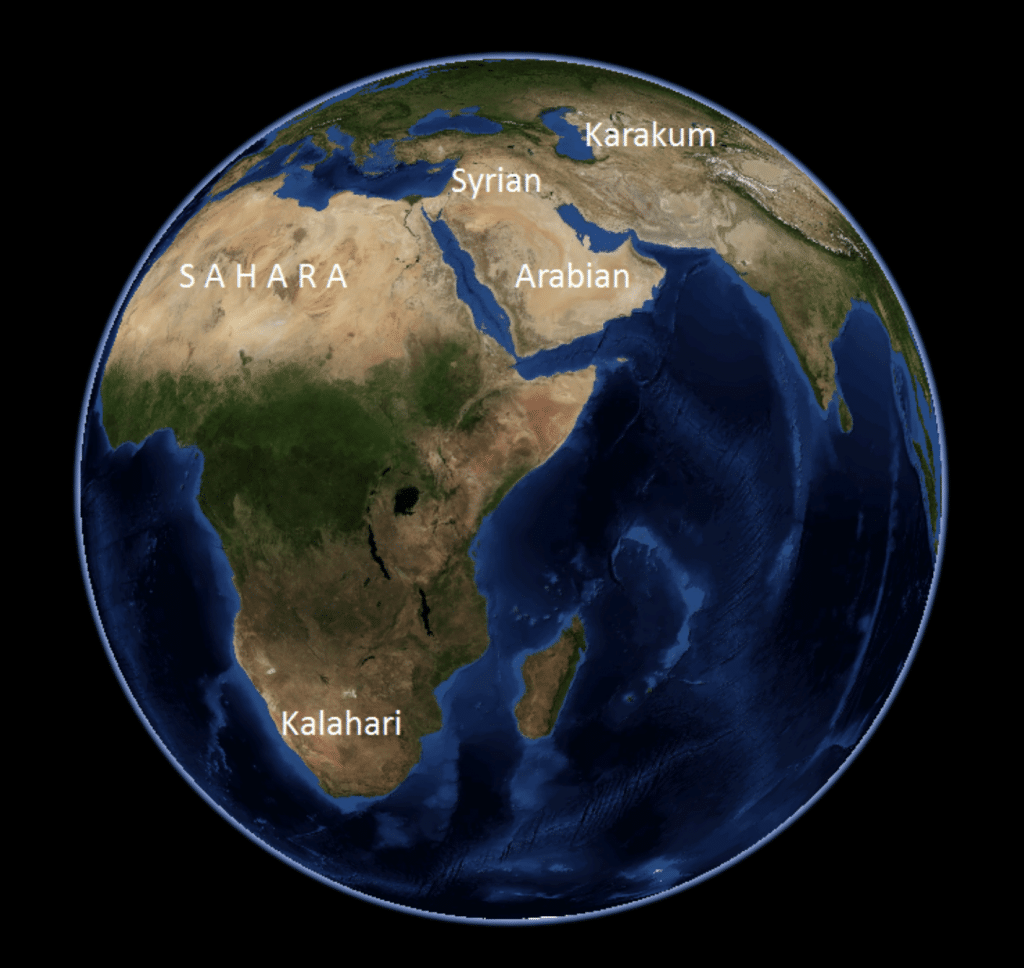“Losing Earth” lost sight of some climate change villains, but not the scope of the problem
By John Mecklin | August 6, 2018

If inspiring responses from prominent journalists is a measure of success—and it can be, in some circumstances—the New York Times Magazine’s issue-length retrospective, “Losing Earth: The Decade We Almost Stopped Climate Change,” is, to borrow a Hollywood term, a smash hit. In part because of the Times’ early promotional efforts (which included a high-production-value video, complete with ominous soundtrack), the article became a journalistic item of note even before it was published on Sunday.
But the video tagline for the piece—“This summer, the New York Times Magazine presents a story that will change the way you think about global warming”—did no such thing for a variety of quality journalists and scientists who quickly made “Losing Earth” into a cause célèbre. Created by Nathaniel Rich, a talented writer of fiction and journalism, “Losing Earth” basically posits that there was a brief window of time when global warming was not yet seen as a political or ideological battleground, when Democrats and Republicans, industry and environmental groups were all poised to deal substantively with the issue, as they had with the “ozone hole” via the Montreal Protocol.
A portion of the prologue (yes, this magazine article is long enough to have both prologue and epilogue) encapsulates the overall argument of the piece:
[I]n the decade that ran from 1979 to 1989, we had an excellent opportunity to solve the climate crisis. The world’s major powers came within several signatures of endorsing a binding, global framework to reduce carbon emissions — far closer than we’ve come since. During those years, the conditions for success could not have been more favorable. The obstacles we blame for our current inaction had yet to emerge. Almost nothing stood in our way — nothing except ourselves.
Most of the criticism of the 30,000-word history focused on its conclusion, which many commentators saw as downplaying the role of the oil and gas industry and the Republican Party in making sure nothing substantive or sweeping was done about climate change and overplaying the human propensity not to deal with problems that will not fully manifest til far in the future. The headlines of the pieces give some notion of the scope and fervor of response to Rich’s opus:
The Problem with The New York Times’ Big Story on Climate Change: By portraying the early years of climate politics as a tragedy, the magazine lets Republicans and the fossil-fuel industry off the hook. (The Atlantic)
Scientists aren’t impressed with New York Times’ new story on climate change: Experts label 30,000-word piece “historically inaccurate” and “based on logical non sequiturs.” (Think Progress)
Mag prints 70-page climate story, leaves some unsatisfied (CLIMATEWIRE/E&E News)
What the New York Times Magazine Got Right, and Wrong, in its Climate Change History: While it expands the conversation to include a broader audience, the piece lets the industries that worked to hinder progress mostly off the hook. (Undark)
As if to rub salt in the wound, an Independent Petroleum Association of America publication came out in support of Rich’s take (even while misstating it to significant degree):
BOMBSHELL: NEW YORK TIMES DEBUNKS #EXXONKNEW CLIMATE CAMPAIGN (Energy in Depth/Climate and Environment)
Though I agree that Rich’s piece fundamentally missed the mark on explaining why the US government didn’t move to address climate change substantively and early, I think the article has redeeming qualities that make it worth the time it takes to read. It provides an interesting window into how the scientists and activists interested in sparking action on climate change had to scheme and plot to have any chance of getting the subject played prominently in major American media (a situation that still—sadly, so sadly—exists even today). And “Losing Earth” comes right out and states the climate change stakes—explains the wholesale diminishment of human civilization that will occur, if action isn’t taken—in a way that most major American media seem afraid to broach, even yet, even now. Here’s an example of Rich’s admirable directness, which is only one of many reasons to read an article that, flawed though it may be, is the finely crafted result of 18 months of work:
If by some miracle we are able to limit warming to two degrees, we will only have to negotiate the extinction of the world’s tropical reefs, sea-level rise of several meters and the abandonment of the Persian Gulf. The climate scientist James Hansen has called two-degree warming “a prescription for long-term disaster.” Long-term disaster is now the best-case scenario. Three-degree warming is a prescription for short-term disaster: forests in the Arctic and the loss of most coastal cities. Robert Watson, a former director of the United Nations Intergovernmental Panel on Climate Change, has argued that three-degree warming is the realistic minimum. Four degrees: Europe in permanent drought; vast areas of China, India and Bangladesh claimed by desert; Polynesia swallowed by the sea; the Colorado River thinned to a trickle; the American Southwest largely uninhabitable. The prospect of a five-degree warming has prompted some of the world’s leading climate scientists to warn of the end of human civilization.
Publication Name: The New York Times Magazine
To read what we're reading, click here
Together, we make the world safer.
The Bulletin elevates expert voices above the noise. But as an independent nonprofit organization, our operations depend on the support of readers like you. Help us continue to deliver quality journalism that holds leaders accountable. Your support of our work at any level is important. In return, we promise our coverage will be understandable, influential, vigilant, solution-oriented, and fair-minded. Together we can make a difference.
Topics: Climate Change, What We’re Reading
















I expected someone to write a critique of “Losing Earth” that takes note of the geopolitics at the time. I haven’t found one, so, even though I know much less than others who could write on the topic, here goes: The claim that humanity “almost” had a political solution at the end of the 1980s is bizarre, because this was the period when the world’s climate negotiators agreed, on behalf of their governments, that it would be acceptable to create a two-tier world where only the industrialized countries would have the responsibility to address climate change, indefinitely. When and if… Read more »